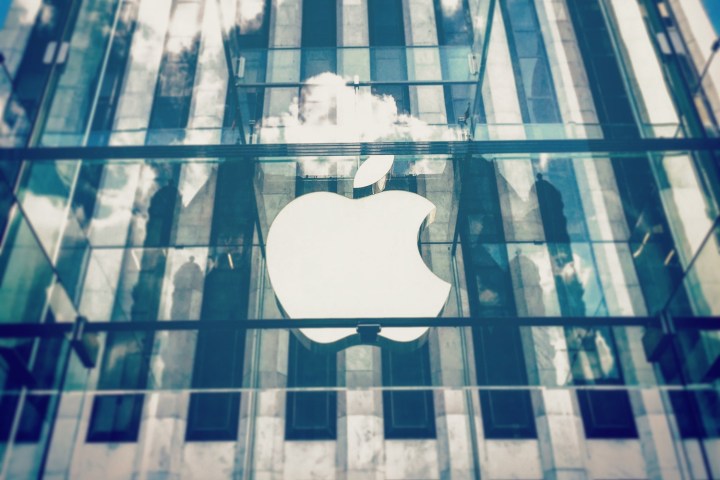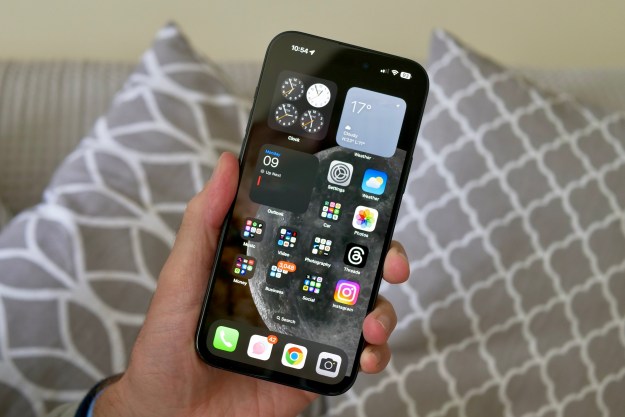
The Vision China Times, a Chinese print newspaper, was informed in August 2016 that Apple didn’t want its products to feature in any of the publication’s carrier ad placements. But a few short weeks later, ads featuring the iPhone appeared in other publications seen as “Beijing-aligned” or “[People’s Republic of China] government-influenced” Australian-Chinese media.
Maree Ma, the paper’s general manager, told The Australian that the last time an iPhone ad appeared in the paper was in October 2015, for the iPhone 6s. “Since then, when [Australian carrier] Telstra runs their iPhone ads, they do not place any with our paper. There was a campaign last year in 2016 we missed out on.” Ma believes The Vision China Times has been effectively “blacklisted” by Apple “for political reasons as they are trying to protect their business in China.”
The Epoch Times, another local media property, has been similarly targeted. Carrier advertising in newer issues of the magazine don’t feature Apple products, and in October 2015, the publication failed to secure a cross-promotional deal for the iPhone 6s on Telstra.
“We have never had issues with Telstra, but at the last minute they had to pull out,” a spokesperson for the Epoch Times said. “Then we asked why. (Our advertising agent) said it’s actually from Apple.”
John Fitzgerald, a Swinburne University professor specializing in the study of Chinese soft power, told Apple Insider that the heavy-handed policy could be an attempt by the Chinese government to exercise media controls outside its borders. “I would not be surprised if advertisers doing business in China were considering where their products appeared, considering Beijing’s strict media controls,” the professor told Apple Insider.
It wouldn’t be the first time the government has applied pressure on advertisers to cut business ties with publications seen as critical of the regime. In 2014, a Honk Kong newspaper claimed that two London-based banks stopped advertising as a result of government interference.
And it wouldn’t be the first time Apple has bent its policies at the behest of Chinese officials. In December, Apple pulled The New York Times app from the region’s iOS App Store — allegedly for violating local regulations. Conspicuously, the decision followed the Times’ series on “hidden perks and subsidies” provided by the Chinese government to local producers.
Apple seems eager to do whatever it takes to gain a foothold in the veritable gold mine of the Chinese market. Last financial quarter, China generated $16.23 billion in revenue for the company and is posed to overtake the revenue generated by Europe.
Editors' Recommendations
- This one Apple Fitness feature completely changed how I exercise
- Nomad’s new iPhone case and Apple Watch band may be its coolest yet
- iPhone 16: news, rumored price, release date, and more
- Here’s how Apple could change your iPhone forever
- When will Apple release iOS 18? Here’s what we know


